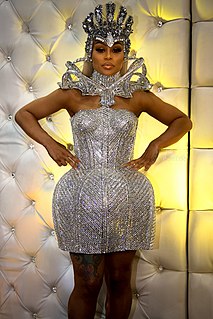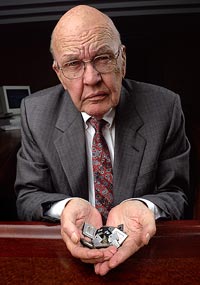A Quote by Lou Holtz
In the nineties, everybody wants to talk about their rights and privileges. Twenty-five years ago, people talked about their obligations and responsibilities.
Related Quotes
My grandfather was a man, when he talked about freedom, his attitude was really interesting. His view was that you had obligations or you had responsibilities, and when you fulfilled those obligations or responsibilities, that then gave you the liberty to do other things. So the freedoms that we talk about today, the liberties that we talk about today were the benefits that you got from discharging your responsibilities.
This man, who for twenty-five years has been reading and writing about art, and in all that time has never understood anything about art, has for twenty-five years been hashing over other people's ideas about realism, naturalism and all that nonsense; for twenty-five years he has been reading and writing about what intelligent people already know and about what stupid people don't want to know--which means that for twenty-five years he's been taking nothing and making nothing out of it. And with it all, what conceit! What pretension!
You know, we've been right on everything, haven't we? We told people about drones five years ago, didn't we? We told people about the NSA five years ago, didn't we? We told them about indefinite detention. We told them you can't come after the internet, that's unconstitutional. You can't do warrantless searches, that's unconstitutional.
I'm not the type to generalise about an entire generation. I think the most general thing I can say, is that things are way more dispersed, and way more de-centralised than they were twenty years ago. I don't really feel like people talk about my generation the way people would talk about Generation X in their early 90's when Nirvana blew up. I feel like there was an easier, more coherent narrative to find, than you can now.
There's this big debate that goes on in America about what rights are: Civil rights, human rights, what they are? it's an artificial debate. Because everybody has rights. Everybody has rights - I don't care who you are, what you do, where you come from, how you were born, what your race or creed or color is. You have rights. Everybody's got rights.




































